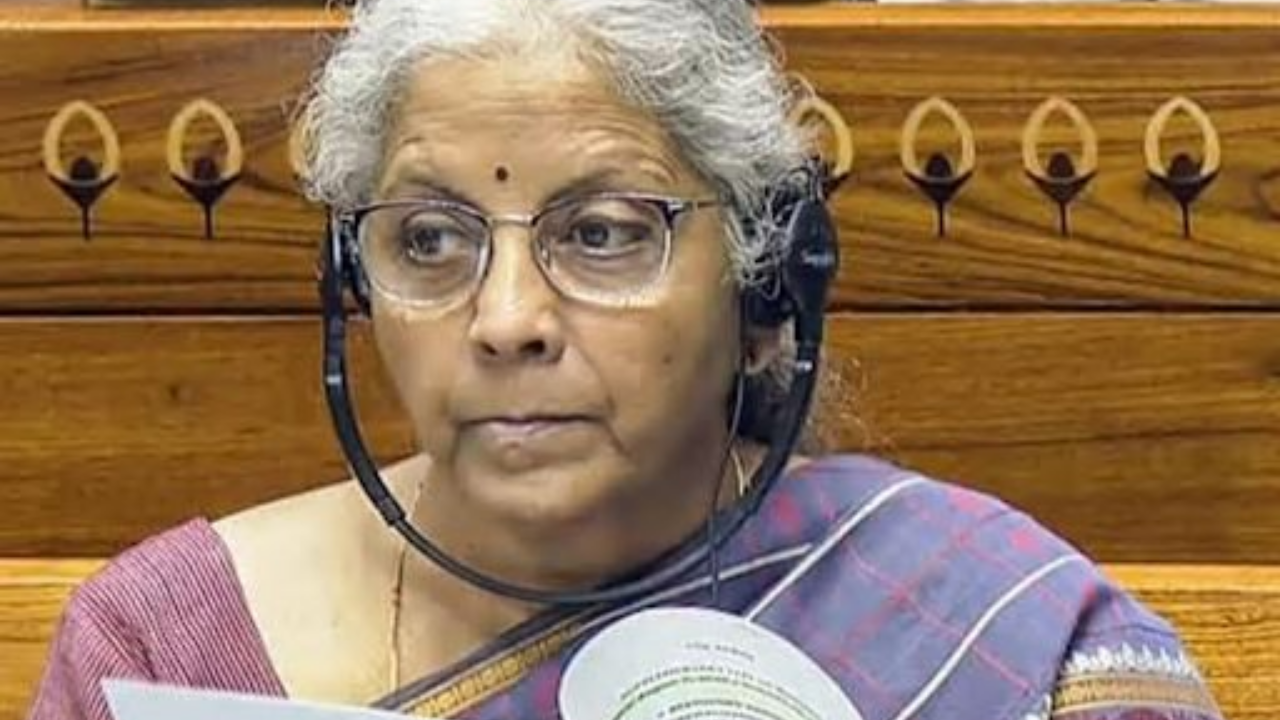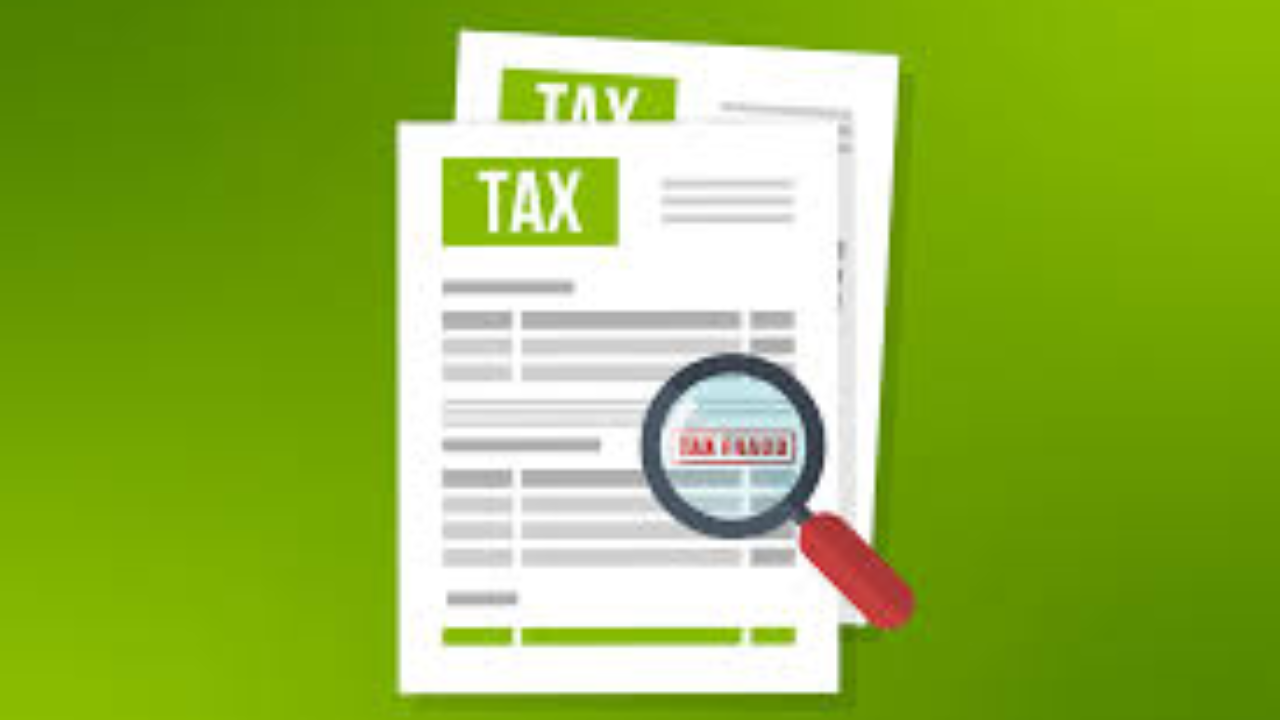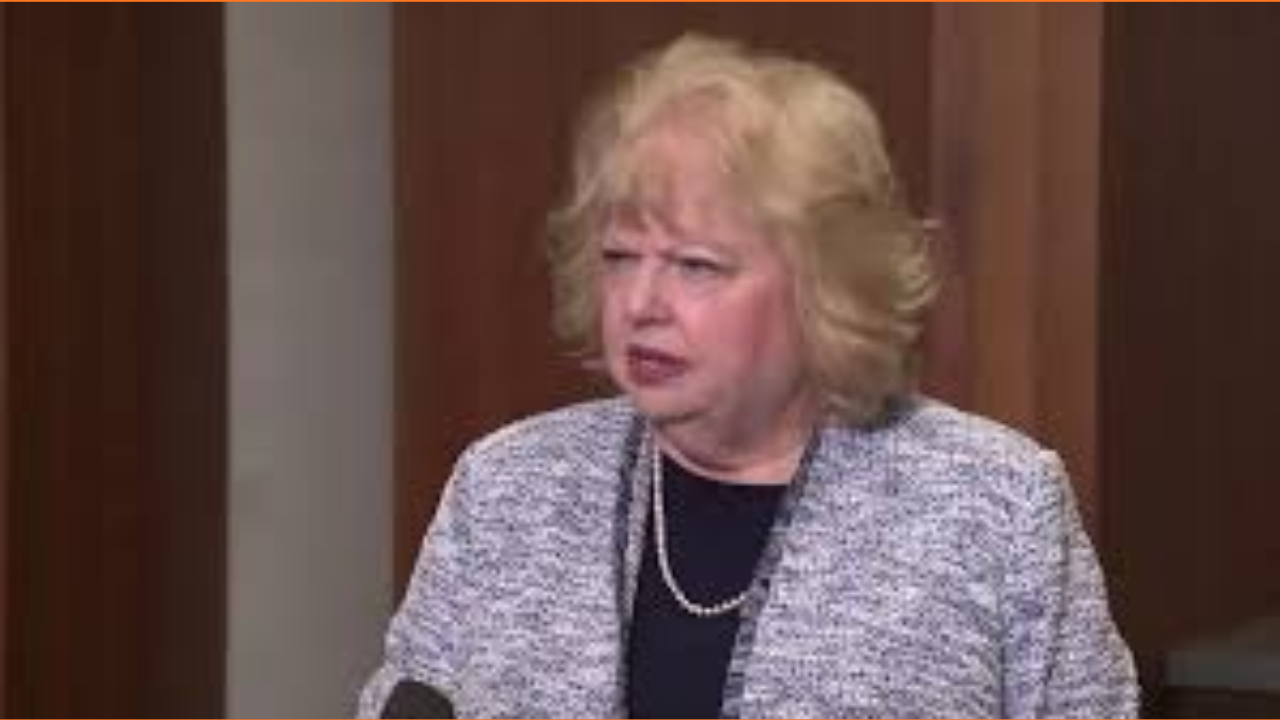In a major legislative move, Finance Minister Nirmala Sitharaman on Monday, August 11, 2025, introduced The Income-Tax (No. 2) Bill, 2025 in the Lok Sabha. This new bill aims to replace the outdated Income Tax Act of 1961 with a modern, streamlined framework. The government withdrew the previous version to incorporate 285 recommendations from a parliamentary select committee led by BJP MP Baijayant Panda.
Thank you for reading this post, don't forget to subscribe!The new bill is a historic step forward, designed to simplify tax compliance and reduce litigation. If passed, it will take effect on April 1, 2026.
Here’s a breakdown of the key changes:
A Leaner, More Digital Framework
The new legislation aims to nearly halve the size of the existing tax law, trimming the number of words from 5.12 lakh to 2.6 lakh and the number of sections from 819 to 536. It will also consolidate the “Previous Year” and “Assessment Year” into a single concept: a “Tax Year.” The bill prioritizes paperless processes, faster compliance, and updated dispute resolution systems.
Taxpayer Benefits and Reliefs
The bill includes several recommendations intended to ease the burden on taxpayers.
- Extended Home Loan Deductions: The legislation proposes extended deductions for home loans.
- House Property Clarifications: It clarifies that the 30% standard deduction will apply after deducting municipal taxes. The bill also prevents temporarily unused business properties from being taxed as “house property” income.
- Pension Benefits: It explicitly allows a deduction for commuted pensions for non-employees.
- Late Returns: Taxpayers who file returns after the due date may still be able to claim a refund without penalties.
- Religious Trusts: The bill exempts purely religious trusts from paying tax on anonymous donations.
Reducing Litigation
The bill seeks to reduce disputes by clarifying anti-tax-avoidance rules and adopting a “trust first, scrutinize later” approach. This shift is expected to lower compliance friction and create a more taxpayer-friendly environment.
No Changes to Tax Rates
While the structure of the law is being completely overhauled, the bill does not propose any changes to the current tax rates or slabs. The primary focus of this legislation is on simplifying the law rather than altering tax rates.

















